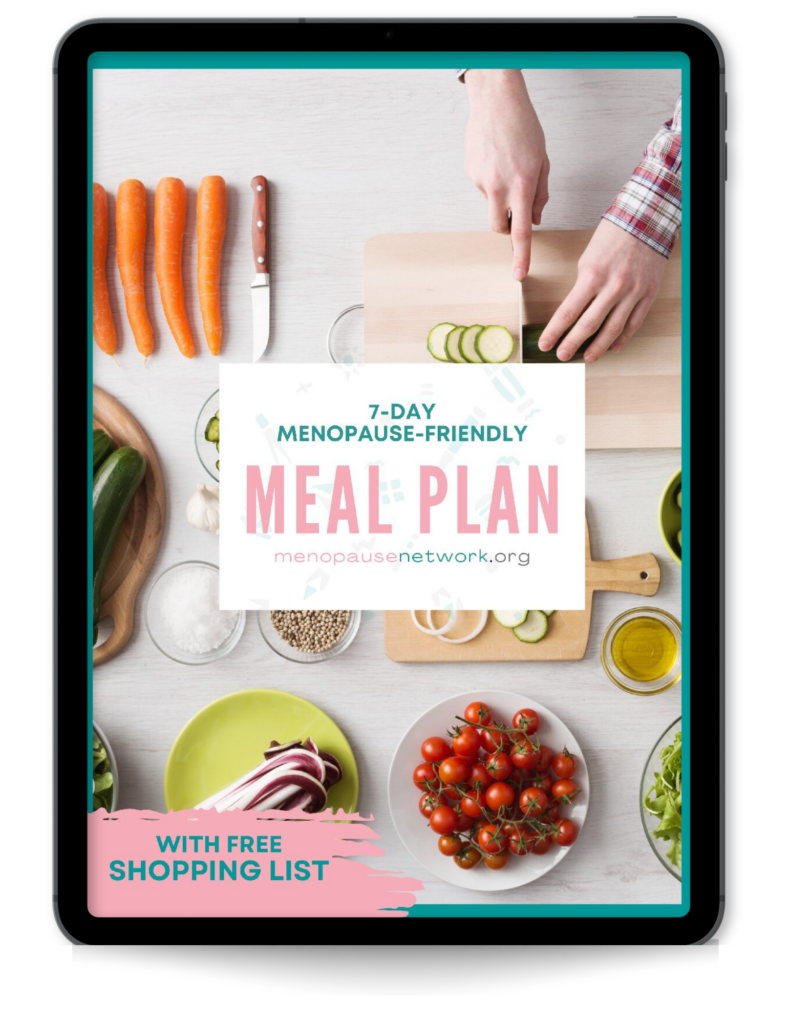Midlife Nutrition Glow-Up: How to Eat Smart and Feel Fantastic After 40
Ladies, let’s talk midlife. This season of life brings a lot of changes—hello, hormones!—but it’s also a time to prioritize you. One of the best tools you have? Your plate. A few smart tweaks to your diet can help you feel energized, strong, and ready to take on whatever this chapter brings (yes, even the random hot flashes). Here’s how to keep your body thriving with simple, powerful nutrition moves:
1. Protein Power: Build and Protect Your Muscles
After 40, muscle mass naturally starts to slip away like your favorite skinny jeans from 2003. But you can fight back! Make sure you’re getting plenty of lean proteins—think grilled salmon, chicken breast, tofu stir-fries, a hearty lentil soup. Protein isn’t just about strength—it keeps your metabolism humming and helps you recover faster after workouts.
👉 Pro tip: Aim for a little protein at every meal. Yes, even breakfast!
2. Strong Bones, Stronger You: Don’t Skip Calcium and Vitamin D
Bones get sneakily fragile during midlife, especially as estrogen dips. Give them some TLC with calcium-rich foods like Greek yogurt, almond milk, broccoli, and kale. And don’t ghost Vitamin D—your bones need it to absorb all that calcium goodness.
A little sunshine (20 minutes a day) + fatty fish like salmon = bone health superheroes.
3. Fat is Not the Enemy: Choose Heart-Healthy Ones
Repeat after me: fat is not bad—the right fats are fantastic! Boost your heart health and lower inflammation with omega-3s from walnuts, flaxseeds, chia seeds, and, yes, a juicy piece of grilled salmon. Swap butter for olive oil and load up on avocado toast (doctor’s orders).
4. Fiber Is Your Friend (Seriously)
Fiber isn’t just for your grandma. A high-fiber diet keeps things moving (you know what I mean) and protects your heart.
Think oats, quinoa, berries, chia seeds, roasted veggies—fill your plate with colors and textures that help you feel full and fabulous.
5. Stay Ahead of Dehydration
Midlife can sneakily dry you out—skin, hair, energy levels. Fight back by sipping water throughout the day, and nosh on hydrating foods like cucumbers, watermelon, and oranges.
Bonus: good hydration can even help ease some menopause symptoms like headaches and fatigue.
6. Iron Matters (Yes, Even Now)
Even post-period, iron is still essential for keeping your energy up. Load up on spinach, lentils, pumpkin seeds, and lean red meat if you like.
Pro move? Pair iron-rich foods with vitamin C (like tossing bell peppers into your spinach salad) for way better absorption.
7. Antioxidants = Glow Up
Fight free radicals and feel radiant with antioxidant-packed foods.
Berries, dark leafy greens, sweet potatoes, even a square (or three) of dark chocolate can help protect your skin and cells from aging faster than necessary. Glow from the inside out, literally.
8. Kick Processed Foods to the Curb (Most of the Time)
It’s not about never having a cupcake again (because, come on, life is too short), but cutting back on processed junk will help your blood sugar, energy, and mood stay more even.
Focus on foods that look like they came from the earth, not a factory.
9. Supplements: Sometimes You Need a Little Boost
Even the best diets might miss a few marks. You might benefit from extra calcium, magnesium, or vitamin D supplements—but check with your healthcare provider first. It’s all about personalized wellness, not one-size-fits-all.
10. Portion Patrol: Your Secret Weapon
Metabolism isn’t as speedy as it once was (ugh), so being mindful about portion sizes helps you stay energized without the weight creep.
Tip: Use smaller plates, slow down at meals, and tune into when you’re satisfied, not stuffed.
Bottom Line:
Midlife nutrition isn’t about rigid rules or restriction. It’s about fueling your fabulous self for strength, energy, and vibrance. Tiny, doable changes add up to big results. Trust me—you’ve got this!
✨Want ideas for easy meal plans or quick midlife-friendly recipes? Hit me up. I have lots of yummy inspiration coming your way!
References
- National Institutes of Health. (2021). Calcium and Vitamin D: Important at Every Age. U.S. Department of Health and Human Services. https://www.niams.nih.gov/health-topics/calcium-and-vitamin-d-important-bone-health
- Harvard T.H. Chan School of Public Health. (n.d.). Protein. The Nutrition Source. https://www.hsph.harvard.edu/nutritionsource/what-should-you-eat/protein/
- Mayo Clinic. (2023). Nutrition and healthy eating: Dietary fats. https://www.mayoclinic.org/healthy-lifestyle/nutrition-and-healthy-eating/in-depth/fat/art-20045550







